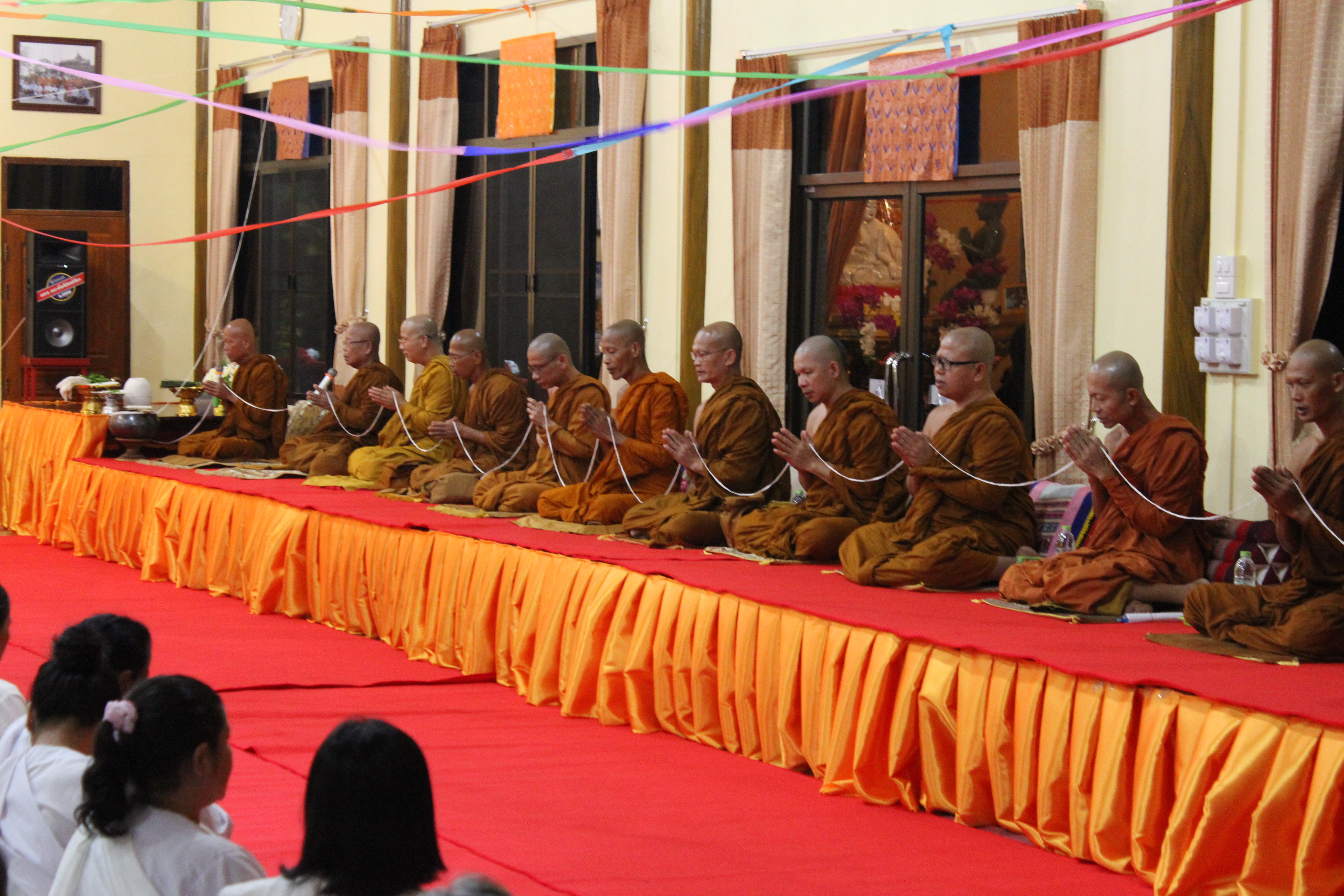Buddhism and the Observer Effect…

The more you look for the beauty in this world, the more that you will find. Which, if that sounds self-intuitive, is certainly worth a reiteration, and possibly, a fresh new look. Because, the danger is to take this intuitive truth to its illogical conclusion, and thereby decide that nothing truly exists. This is what the ‘non-dualists’ and even some Buddhists do, and in making a conundrum of existence, essentially make it non-workable, in that nothing gets done, simply because there is no longer any reason to do it…
The subjective nature of perception is obvious and its contribution to our further conceptions of reality well-documented in the ‘observer effect,’ which makes a mockery of measurement, and, in return, our reliance on science. But does that mean that all Science is unreliable? No, of course not. Does that mean that there is no objective truth? Not necessarily. Does that mean that ‘Buddhism is True?’ Haha, silly book title…
The cognitive bias of our own subjectivity is itself measurable and can usually be factored into any equation that lends itself to a margin for error. And, considering that the effect shows up in physics, psychology, and even sociology, its impact is notable. That is, like gravity, it can not only bring us down, haha, but it can bend and distort the very nature of our existence. But, what does this have to do with Buddhism?
Buddhism, especially in its earliest days, long before Emptiness and Zen and Hungry Ghosts, was known mostly for its training of the mind, for the simple purpose of taking a sad situation and making it better, simply by readjusting the usual reactions. And, while this can subject Buddhism to charges of ‘bypassing’ and passivity, it can also have good results to great effect. Regardless, the important point is to balance this with empirical objective information for best results. The world tends to look best at sunrise and sunset, as every photographer knows, wink wink, something about the nature of light and our need for it. Happy New Year!



 Yes, I’m talking about that theoretical ghost in each of our machines. So the first time a human being saw his reflection in still water must have been incredible, our hero unbelieving, disbelieving, unsure if what’s he’s seeing is really him, himself, and so now aware of self, for maybe the first time, previously only aware of everything other…
Yes, I’m talking about that theoretical ghost in each of our machines. So the first time a human being saw his reflection in still water must have been incredible, our hero unbelieving, disbelieving, unsure if what’s he’s seeing is really him, himself, and so now aware of self, for maybe the first time, previously only aware of everything other… There is no hotter topic in Buddhism these days, or New Age-y esoteric philosophy, than nowness—the Eternal Now, the Infinite Present Moment, etc.—not even mindfulness nor lovingkindness. This is at least partly due to Eckhart Tolle’s popularization of the topic, no doubt, but neither is there any doubt about where he got it, either—Buddhism and/or Hinduism…
There is no hotter topic in Buddhism these days, or New Age-y esoteric philosophy, than nowness—the Eternal Now, the Infinite Present Moment, etc.—not even mindfulness nor lovingkindness. This is at least partly due to Eckhart Tolle’s popularization of the topic, no doubt, but neither is there any doubt about where he got it, either—Buddhism and/or Hinduism…  Christianity is the only modern religion based on emotion, rather than reason, submission, devotion or some other. Christians apparently LIKE suffering—read: passion—and so don’t avoid it but seek it out, with daredevil stunts, extreme sports, torrid romances and hot hot bodies, buffed and tanned and laid in the sand, for hours at the time, until well-done…
Christianity is the only modern religion based on emotion, rather than reason, submission, devotion or some other. Christians apparently LIKE suffering—read: passion—and so don’t avoid it but seek it out, with daredevil stunts, extreme sports, torrid romances and hot hot bodies, buffed and tanned and laid in the sand, for hours at the time, until well-done… The conundrum of existence is that consciousness inhabits flesh, some how some way, or that flesh possesses consciousness, if viewed from the opposite perspective, inside out upside down, impossible to say which came first, or whether they came simultaneously like all the best sex, though the material paradigm always takes precedence in the material world…
The conundrum of existence is that consciousness inhabits flesh, some how some way, or that flesh possesses consciousness, if viewed from the opposite perspective, inside out upside down, impossible to say which came first, or whether they came simultaneously like all the best sex, though the material paradigm always takes precedence in the material world…
Reply